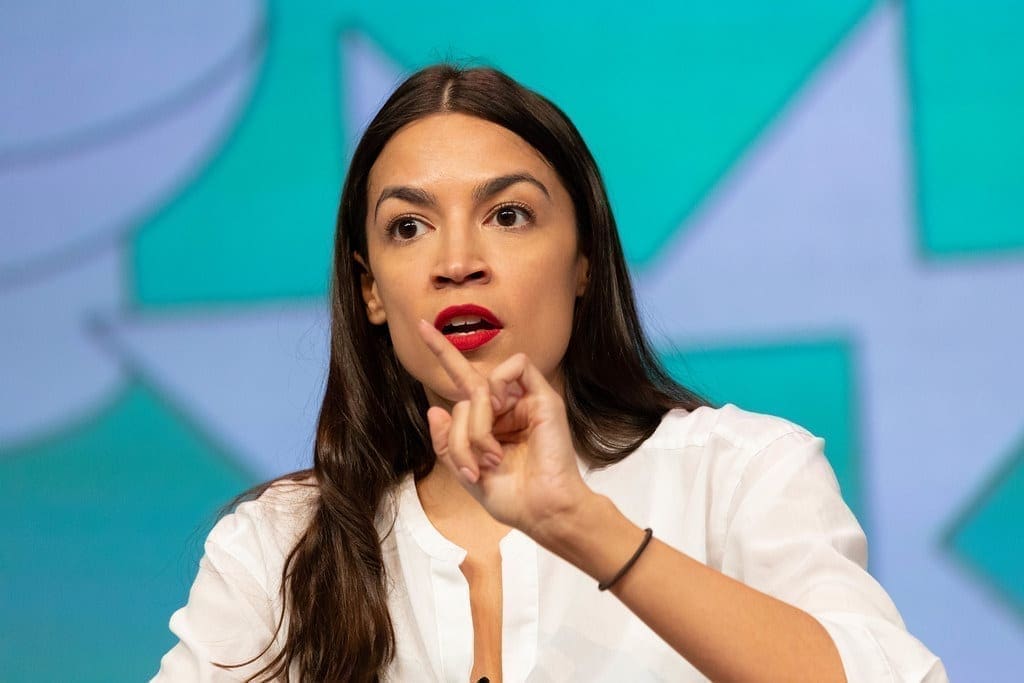As 2020 approaches, the American political class must come to grips with the inevitable reality of marijuana legalization. But for some politicians, like Joe Biden, they may be behind the times.

A few weeks ago Biden was met with fierce criticism when he asserted that cannabis could be a gateway drug. Alexandria-Ocasio Cortez was the most high profile critic, describing Biden’s comment as a “Reagan-era talking point.” In this case, she was referring to then-President Ronald Reagan’s efforts to double down on the War on Drugs in the 1980s.
Those policies in conjunction with former President Bill Clinton’s subsequent crime reform package (which Biden supported at the time) have cemented stiff enforcement of U.S. drug laws. Drug policy of the past few decades has been wrong-headed and unjust in its persecution of peaceful individuals for simply possessing banned substances. Further, several unconstitutional practices, such as civil asset forfeiture, have exploded in use thanks to these policies.
Biden ended up walking back his comment, but the trend is clear: Marijuana legalization is coming. It’s just a matter of when – not if. Often times calls for reform come from the most unlikely places. The U.S. House answered this call on November 20, 2019, by voting for a bill that would decriminalize marijuana at the federal level. Given the partisan realities of the U.S. Senate, which is under Republican control, this bill will likely not gain much traction and die in that chamber.
From a broader perspective, AOC’s vision for her marijuana legalization proposals has yet to be determined. Indeed, there is a right and a wrong way to go about this. Ideally, she should do her best to avoid ideas like the one offered by former Congressman Beto O’Rourke to create so-called “marijuana reparations.” By the same token, initiatives that facilitate massive tax grabs for the federal government and state governments are also detrimental for promoting limited government.
The federal government — be it in a prohibitionist context or in a taxation context — should stay out of the way. To adequately address drug policy, a federalist approach is the most optimal course of political action. On top of that, civil society can and should play a role in giving people addiction treatment and providing information on the costs and benefits of drug use.
The road to reform is not linear and it will take numerous attempts before D.C. changes its marijuana policies. On a positive note, it is good to see that there is a consensus regarding the failure of previous drug policy. 2020 Democratic candidates have caught on to this trend and are recognizing that there is a different way to treat the drug issue moving forward. It’s only a matter of time before this dark chapter of American history comes to a close. Americans of all backgrounds should be thankful for this.

























